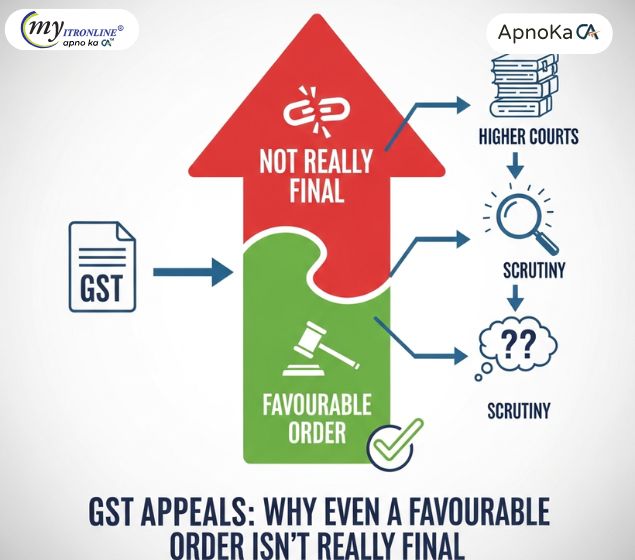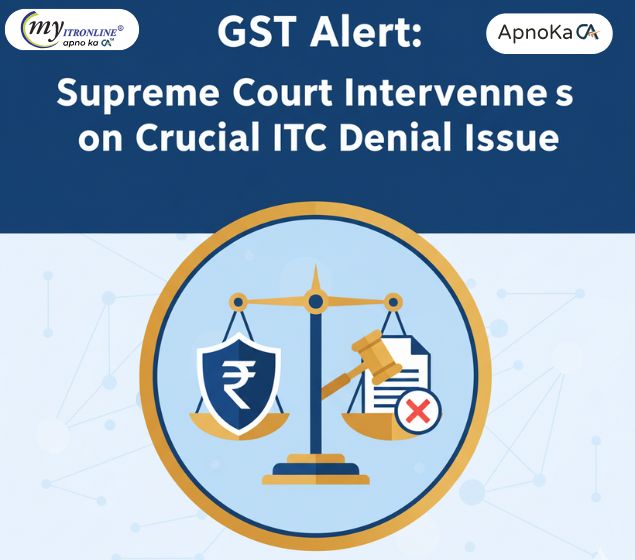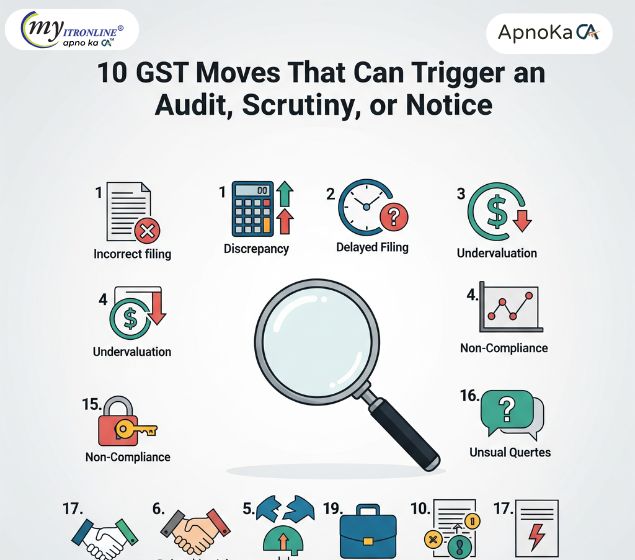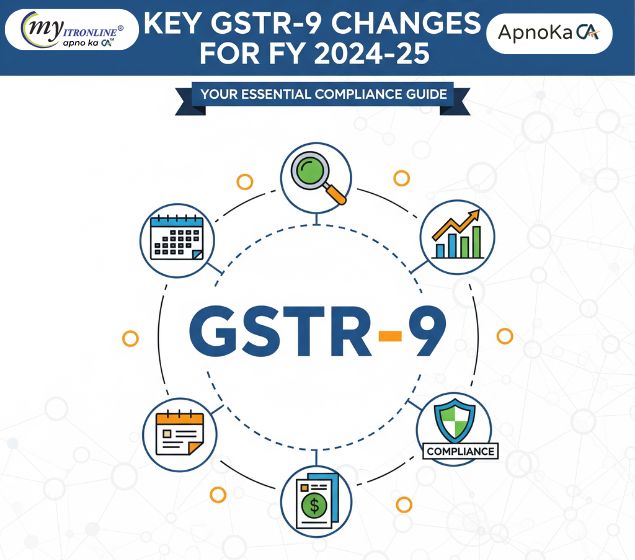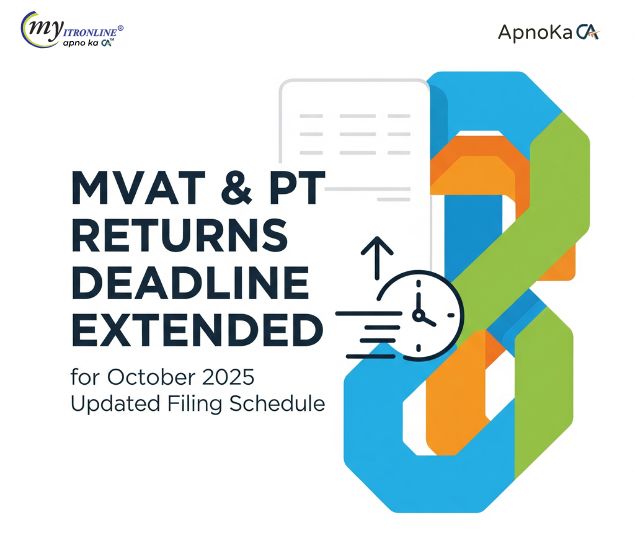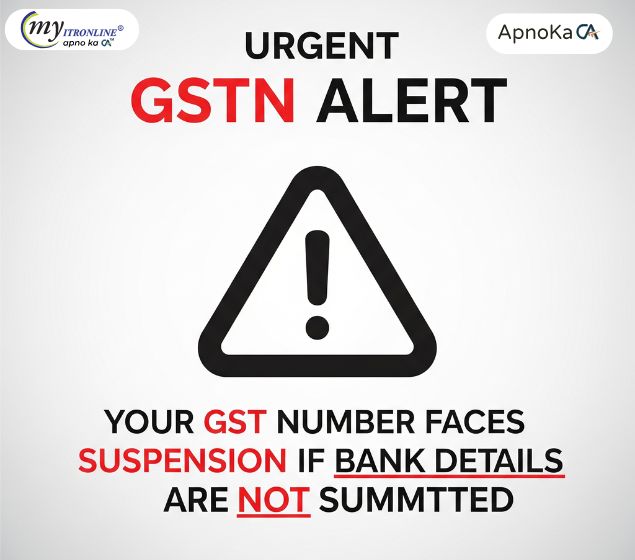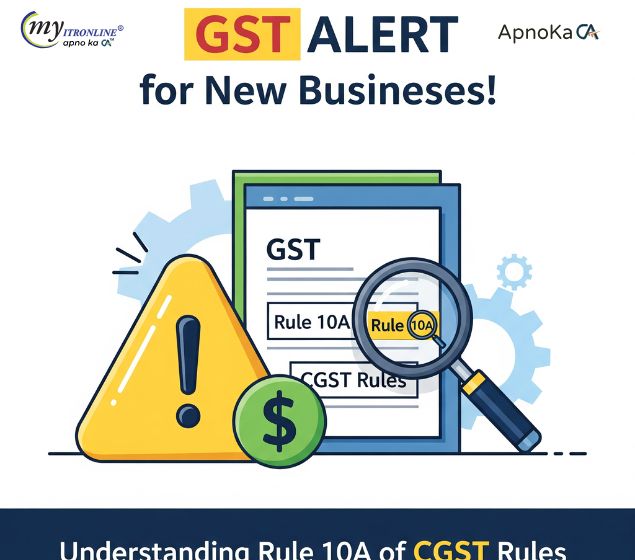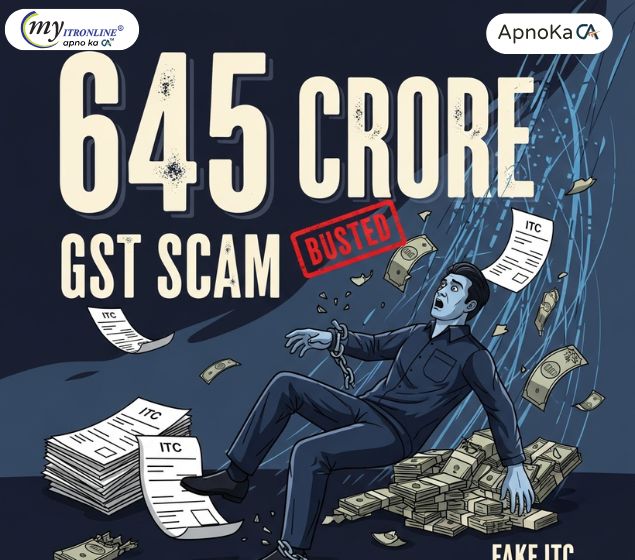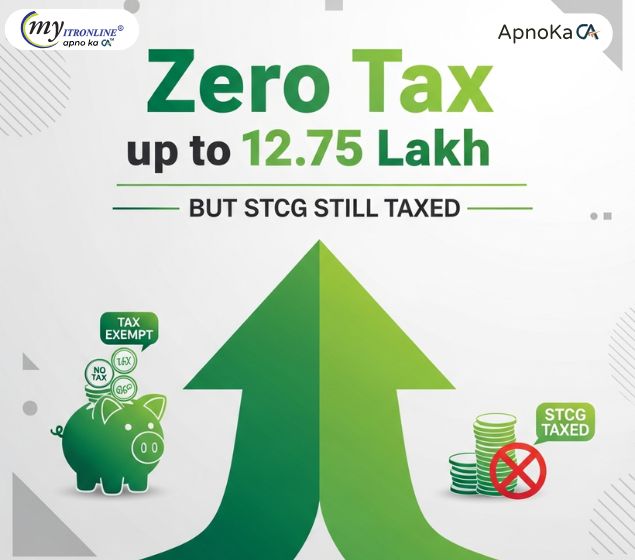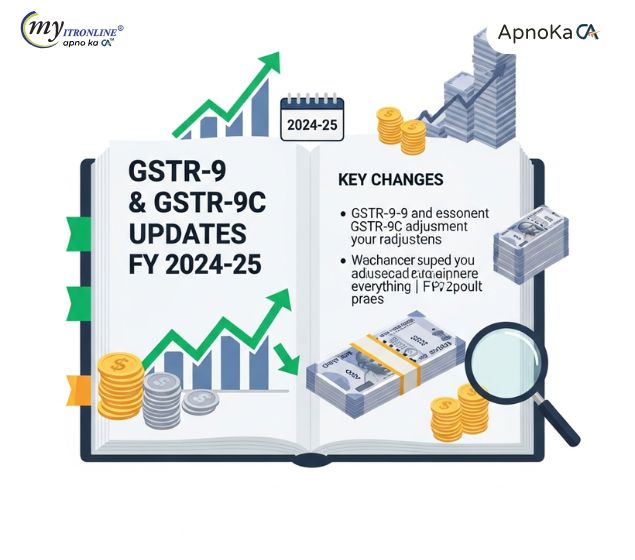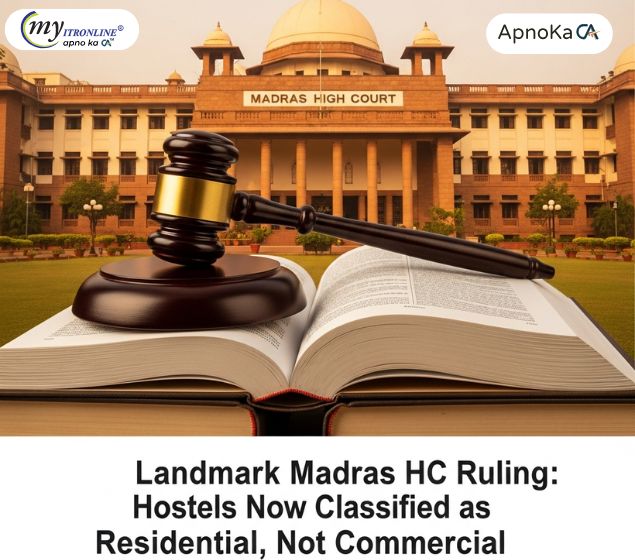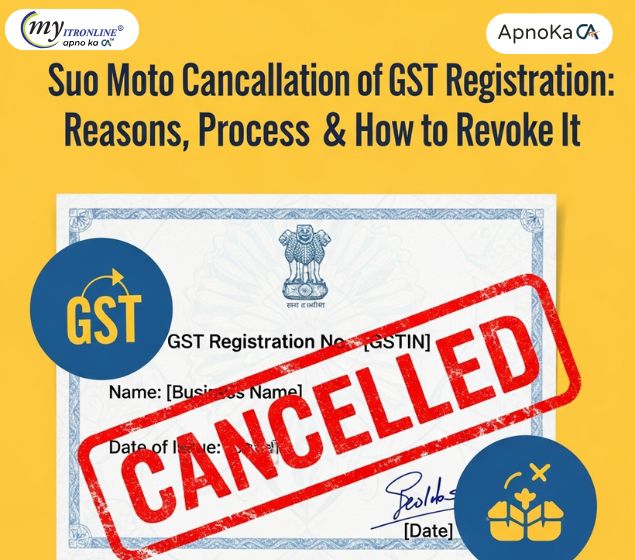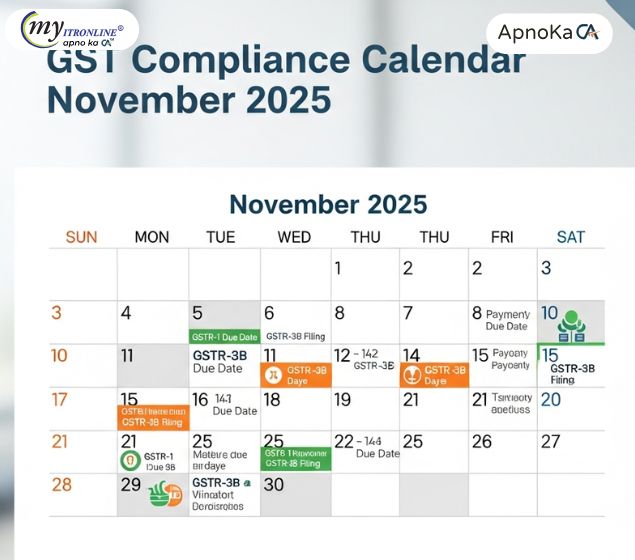Tax on Dining Services in Hotels Where Room Rates Surpass 7,500/Day: An In-Depth Examination
An in-depth examination of the new 18% GST regulation for restaurant services within hotels where room rates surpass 7,500 per day, set to take effect in April 2025. This includes an overview of classification guidelines, effects on consumers, implications for the industry, and the reasoning behind the government's decision.
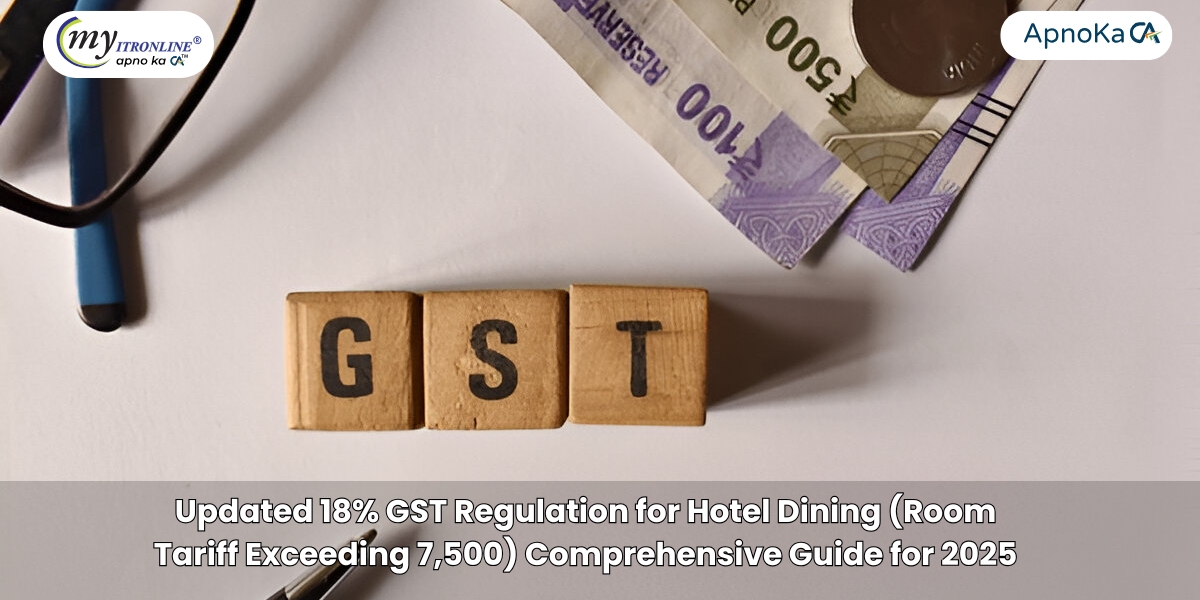
Introduction
The Central Board of Indirect Taxes and Customs (CBIC) has explained the GST implications for dining services offered within hotels, correlating the GST rate to the hotel's room tariff. Beginning on April 1, 2025, a notable change will take effect: restaurant services in hotels where the room charges surpass 7,500 per day will incur an 18% GST along with the option for Input Tax Credit (ITC).
This change represents a departure from the earlier framework, in which restaurants, including those located within hotels, typically faced a 5% GST without the benefit of ITC. This blog post aims to explore the specifics of this new regulation, its consequences, and its significance for both consumers and the hotel sector.
The essence of this alteration lies in the classification of hotels as "specified premises." As per the guidelines issued by the CBIC:
- Automatic Classification: Hotels where the actual transaction value of accommodation exceeded 7,500 per unit per day (or its equivalent) in the previous financial year (FY 2024-25 for the current FY 2025-26) will be automatically designated as "specified premises" for the current financial year. This classification relies on the actual price charged, not the declared tariff.
- Voluntary Opt-in: Hotels with room rates below 7,500 per day during the preceding financial year can voluntarily elect to be classified as "specified premises" by submitting a declaration from January 1st to March 31st of the preceding financial year.
- New Hotels: Newly registered hotels can also choose to accept "specified premises" status by providing a declaration within 15 days of receiving their GST registration certificate.
- Separate Premises: For hotel chains or groups operating multiple properties under a single GST registration, each property will be individually considered for GST classification.
Upon a hotel being classified as a "specified premise," the dining services provided within will be subjected to an 18% GST alongside the option for Input Tax Credit (ITC). This indicates that the hotel can reclaim credit for the GST paid on its inputs (such as raw materials, rent, etc.), which can effectively reduce their output tax obligation.
In contrast, standalone restaurants and those located in hotels with room charges below 7,500 (and that have not opted to be "specified premises") will still incur a lower GST rate of 5% without ITC.
The immediate effect for customers dining in restaurants within hotels that have room tariffs exceeding 7,500 is likely to be an increase in their dining expenses. The GST rate has more than tripled (from the effective 5% without ITC to 18% with ITC, although the ITC benefit could somewhat mitigate the rise for the hotel).
- Increased Dining Expenses: Anticipate higher costs for meals and beverages consumed in the in-house eateries of luxury and high-end hotels.
- Potential for Pricing Changes: While the 18% GST will be imposed, it remains unclear the extent to which hotels will transfer the entire cost to consumers. The availability of ITC might enable some hotels to bear part of the increased tax burden.
- Variability in Pricing: A noticeable disparity in the GST rates applied to dining services will now exist, depending on the hotel's room tariff, possibly causing inconsistencies in pricing among various establishments.
This updated regulation has far-reaching effects on the hotel industry, especially within the luxury segment:
- Increased Tax Burden (Potentially): Although ITC is set at an 18% rate, the overall tax burden on consumers may result in reduced patronage at restaurants, particularly from local diners not residing at the hotel.
- Pricing Strategies: Hotels must thoughtfully evaluate their pricing tactics to balance the higher GST rate with the need to remain competitive and attract customers. They may have to modify menu prices to absorb part of the tax or risk losing patrons to independent restaurants or hotels with lower room rates.
- Competitive Disadvantage: Luxury hotels could find themselves at a competitive disadvantage compared to mid-range and budget hotels, whose onsite restaurants can still charge a lower 5% GST.
- Compliance and Accounting: It will be essential for hotels to maintain accurate accounting and comply with the new GST regulations, including making use of the Input Tax Credit.
- Impact on Events and Conferences: The costs for banquets and conferences hosted in these hotels will also rise due to the increased GST on food and beverage services.
The government's reasoning behind this modification seems to be:
- Alignment with Accommodation Services: The GST rate for hotel rooms priced above 7,500 has consistently been 18%. Connecting the GST rate for restaurants to this higher tariff aims to create more uniform tax treatment within luxury hotels.
- Addressing Anomalies: Previously, luxury hotels were able to apply a lower 5% GST on their restaurants (excluding ITC), which some regarded as an unintentional advantage. The updated regulation aims to correct this.
- Simplification: This adjustment replaces the former method of employing the "declared tariff," which often led to confusion, with the actual transaction value, providing greater clarity and consistency.
- Starting April 1, 2025, dining in restaurants located within hotels with a room rental exceeding 7,500 per day will incur an 18% GST with ITC.
- Hotels with more affordable room rates can continue to apply a 5% GST without ITC or opt for the 18% rate by declaration.
- Consumers dining at luxury hotels will likely encounter higher bills.
- Hotels must formulate their pricing strategies and ensure compliance with GST regulations.
- The change aims for improved alignment of GST rates within the hospitality industry and simplifies the classification process.
This new GST regulation marks a significant change for the hotel and restaurant sector in India. The long-term effects on consumer actions and the competitiveness of various hotel categories are yet to be determined. Businesses and consumers should remain informed of these changes to manage their expenses and operations effectively.
FILING YOUR INCOME TAX RETURN F.Y 2024-25 (A.Y. 2025-2026) WITH MYITRONLINE
The income tax filing deadline is right around the corner. If you haven’t filed yet, do it today with Myitronline! Avoid last minute rush and file your tax return today on MYITRONLINE in Just 5 mins.(www.myitronline.com)
If you are looking for eCA assistance to file your income tax return/ GST, you can opt for MYITRONLINE eCA assisted plan starting
Upload Salary Individual Form-16
If you have any questions with filing your tax return, please reply to this mail. info@myitronline.com OR call 9971055886,8130309886.
Note-All the aforementioned information in the article is taken from authentic resources and has been published after moderation. Any change in the information other than fact must be believed as a human error. For queries mail us at marketing@myitronline.com
Krishna Gopal Varshney
An editor at apnokacaKrishna Gopal Varshney, Founder & CEO of Myitronline Global Services Private Limited at Delhi. A dedicated and tireless Expert Service Provider for the clients seeking tax filing assistance and all other essential requirements associated with Business/Professional establishment. Connect to us and let us give the Best Support to make you a Success. Visit our website for latest Business News and IT Updates.
Leave a reply
Your email address will not be published. Required fields are marked *Share this article
Krishna Gopal Varshney, Founder & CEO of Myitronline Global Services Private Limited at Delhi. A dedicated and tireless Expert Service Provider for the clients seeking tax filing assistance and all other essential requirements associated with Business/Professional establishment. Connect to us and let us give the Best Support to make you a Success. Visit our website for latest Business News and IT Updates.
View articles








